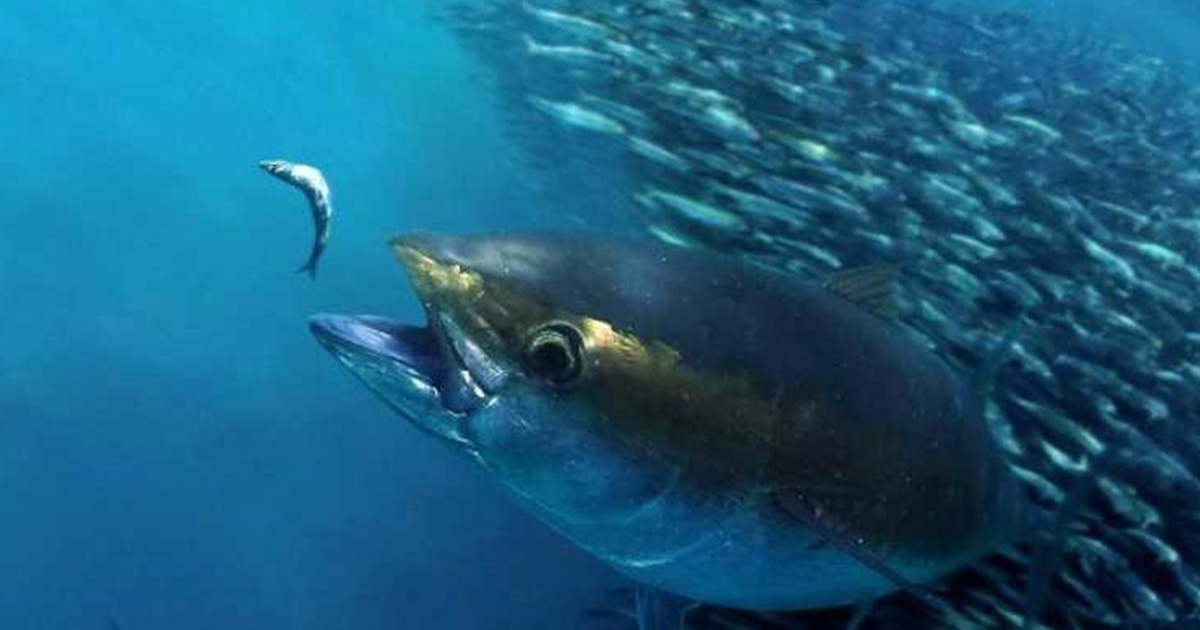During the June meeting of Panel 1, the Chair of the Standing Committee on Research and Statistics (SCRS) highlighted that, whilst the bigeye tuna stock (BET) is showing early signs of recovery, the Commission should still adopt a precautionary approach.
He emphasised uncertainties in the stock assessment, with a caution that positive signals may reflect recent adjustments to parameters as much as, or more than, the actual stock condition. Recognising this need for precaution, while seeking to ensure fisheries management that is both sustainable and equitable, IPNLF urge ICCAT to achieve the following:
- Adopt a precautionary total allowable catch (TAC) for the bigeye tuna stock in line with the SCRS advice, which provides a high likelihood of stock recovery within the next 2 generations.
- Ensure equitable catch allocation which covers all ICCAT members with an emphasis upon critically protecting the rights and needs of small-scale fisheries in developing coastal States. Despite proposals to increase the TAC as an enabling condition, IPNLF believe that improved equity in catch allocation should absolutely not be conditional upon increased catches being imposed upon an overfished stock.
- IPNLF supports the allocation table proposed by Côte d’Ivoire, Gabon, The Gambia, Ghana, Guinea (Rep), Guinea-Bissau, Mauritania, Morocco, Nigeria, Sao Tomé and Principe, and Senegal, which includes all CPCs and aims to prevent imposing an unfair conservation burden upon environmentally sustainable and socially responsible, small-scale fisheries.Implement a Harvest Control Rule (HCR) for the BET stock based on the latest stock assessment, and encourage the Commission to look at adopting HCRs for other tropical tunas as established in Rec. 15-07.
CONSERVE THE YELLOWFIN STOCK
The Atlantic yellowfin tuna stock currently has a TAC of 110,000 t, this has been exceeded for a number of consecutive years, most notably in 2020 when catches reached 149,202 t, 35% over TAC. In order to prevent deterioration of the stock into an overfished state, IPNLF encourage the Commission to:
- Implement stronger conservation and management measures to prevent catches beyond the TAC, with suitable consequences for overcatch.
- Limit the use and impacts of drifting fish aggregating devices (FADs), which are a key driver of juvenile harvests from this stock.
- Prepare a Harvest Control Rule (HCR) for yellowfin tuna ahead of the stock assessment provisionally planned for 2023.
- Develop and implement a YFT allocation table which includes all CPCs, similar to what has been proposed for BET.
Noting that the planned yellowfin tuna stock assessment is provisionally planned for 2023, IPNLF urge the Commission to ensure this stock is assessed in 2023 in order to inform timely conservation and management decisions for this stock.
IMPLEMENT ROBUST FAD MEASURES
The SCRS has clearly and regularly emphasised the impacts of drifting FADs (dFADs) on both the bigeye and yellowfin tuna stocks, due to the increased juvenile catches they causes. With this in mind, IPNLF urges the Commission to:
- Implement more precautionary limits on the total number of FADs allowed to be deployed between 2023-2027
- Maintain or extend the 72-day FAD closure.
- Develop and adopt a FAD marking scheme by 2023 for all new FAD deployments, regardless of vessel type, that requires that FADs be consistently marked on both the buoy and the FAD structure.
- Implement, within 2023, the FAD Register, as previously proposed by the EU in PA1_512/2021, to improve the transparency, monitoring and control of FAD fisheries.
- Mandate that all dFADs deployed must be non-entangling (prohibiting netting or other meshed materials), and constructed completely (except the operational buoy) from biodegradable materials while requiring vessels to retrieve any dFADs that do not meet these requirements.
It is important to note that all CPCs should have submitted their historical FAD set data to the SCRS by the 31st of July this year, in line with paragraph 31 of Recommendation 21/01. According to PA1_504, prepared by the Secretariat, 22 fleets submitted data for the year 2021, and some historical data is still lacking. We remind the Commission that the current Recommendation states that CPCs which do not report such data “shall be prohibited from setting on FADs until such data have been received by the SCRS”. We also highlight Paragraph 40 which states that “as of January 2021 all FADs deployed are non-entangling, and constructed from biodegradable materials” and the request for annual reports to illustrate steps undertaken to comply with these provisions. IPNLF urges the Commission to review the status of FAD data and to urgently address non-compliance that directly compromises science based management.
ENSURING A FUTURE FOR ATLANTIC BLUEFIN
After working hard for a number of years to rebuild Atlantic bluefin tuna stocks, and working particularly hard this year on the bluefin Management Strategy Evaluation (MSE), the Commission now faces an opportunity to better secure the future of these stocks. In line with ICCAT’s roadmap to the development of the MSE and HCRs for Atlantic tuna stocks, IPNLF urge the Commission to adopt a Management Procedure for Atlantic Bluefin tuna stocks to inform sustainable TACs for these stock species.
EXPAND PROTECTION FOR MAKO
After the successful adoption of a retention ban for north Atlantic mako sharks in 2021, IPNLF urge the Commission to maintain this measure. Furthermore, noting the 2019 stock assessment for the south Atlantic mako shark stock, which highlighted that the southern stock could soon face similar issues to that of the north stock, IPNLF supports the proposal put forward by the EU (PA4_804) to preemptively include the South Atlantic mako shark stock within the retention ban for the coming years.
In addition, IPNLF also urge ICCAT to adopt a fins naturally attached policy on all shark species without exceptions.



